The pledge of allegiance of Boko Haram to the Islamic State increases the possibility of international joint attacks that could destabilize North Africa and the Sahel, putting the EU in front of a worsened immigration problem that reflects its own crisis. There is a solution but only if catch up in timeor the consequences would be catastrophic.
Boko Haram has changed its tactic into strategic withdrawals: the militants leave the Sambisa forest to move towards rural areas attacking villages, and when they find themselves facing regular military forces they fall back and put into effect suicide attacks in or nearby Maiduguri.
This is possible due to the presence of secondary bases and strategic supply points in Cameroon (at the border with Nigeria),and also thanks to the help of “distracted and half-interested” armed forces.
The tactical change performed by the jihadist organization represents a real act of resilience that has induced the Nigerian military apparatus to divert its own resources to carry out operations of counter-guerrilla and post-attacks intelligence, allowing BH militants to reorganize and plan further operations.
This factual tactic can be inferred by the (combined) strategic analysis of the attacks perpetrated on December 28 in Maiduguri and Madagali (at 150 southeast km from Maiduguri), on 13 and 26 January in Kolofata and Bodo and on January 30 in Dalori (at 5 km from Maiduguri).
Such strategy, in conjunction with the transformation of the organization in a wilaya of the Islamic State, could conduct Boko Haram to carry out international operationsby means of attacks and abductions towardswestern citizens or targets related to them.
Furthermore Shekau’s group would have the pragmatic opportunity to aggregate itself with ISIS in Northern Africa logistically supported by AQIM for its greater logistic connections in North Africa (particularly in Tunisia due to the presence of Ansar al-Sharia).
This possible joining link could between Boko Haram and ISIS could be Tunisia, where the government is facing “the great exodus” of foreign fighters.
As a matter of fact this bond would worsen the immigration and securityissues for the EU, augmenting racism and xenophobia all over the continent.
That’s why the organization should create a coalition acting first of all in Libya to secure a fundamental country in North Africa, weighing down the arm trafficking in the Sahel and the sailing of Nigerian refugees to Europe.
The coalition ought to beled by Italy for its economic interests in Libya corroborated by bilateral treaties between the two countries.
In addition, the EU force should also count on the support of: Great Britain and France due to their historical presence in North Africa and Sahel, as well as their good relations and connections with Egypt, Mali and Algeria; Germany, as economical and political leader of the organization at the moment; Spain and Greece, for their geographical closeness to North Africa and for being directly affected by its relentless migration; lastly United States, not because Nigeria could generate direct consequences for them but as a matter of contiguity with its anti-ISIS war in North Africa.
The coalition has to be “discussed” in the European Council and propelled through agreements between the governments of the above-mentioned countries and the Libyan one, due to the lack of a centralized military army in the EU.
Furthermore, the EU coalition should push for a peace-enforcement mandate of the United Nations to create a system of defense in Nigeria, working for the entire area of the Chad lake basin.
Only so could be foiled possible connections between ISIS and Boko Haram in Tunisia and, simultaneously, prevented departures of Tunisian foreign fighters.
But if a quick counter-measure wasn’t taken Boko Haram could return to besiege Nigeria as vassal of the Islamic State, and leads to a destabilizing chain reaction that would provoke catastrophic consequences for the Region and for EU.
Massimo Pascarella
Massimo Pascarella holds a degree in International Relations from the Second State University of Naples, in Italy. Currently he collaborates with the International Relations sector of the Government of Santa Cruz in Bolivia, with the national newspaper “El Deber” as Middle East analyst and with various Italian geopolitical Think Tanks.
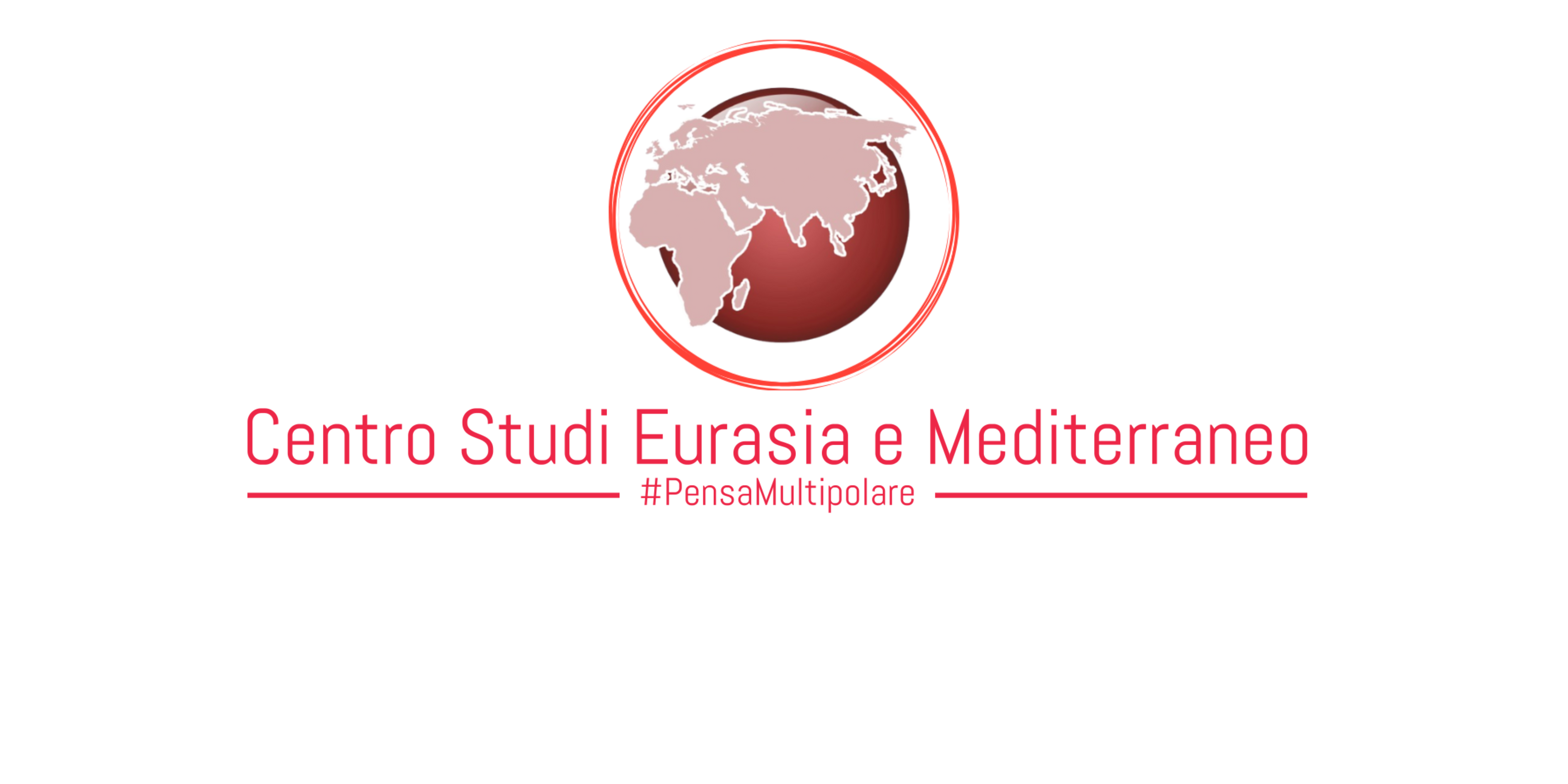



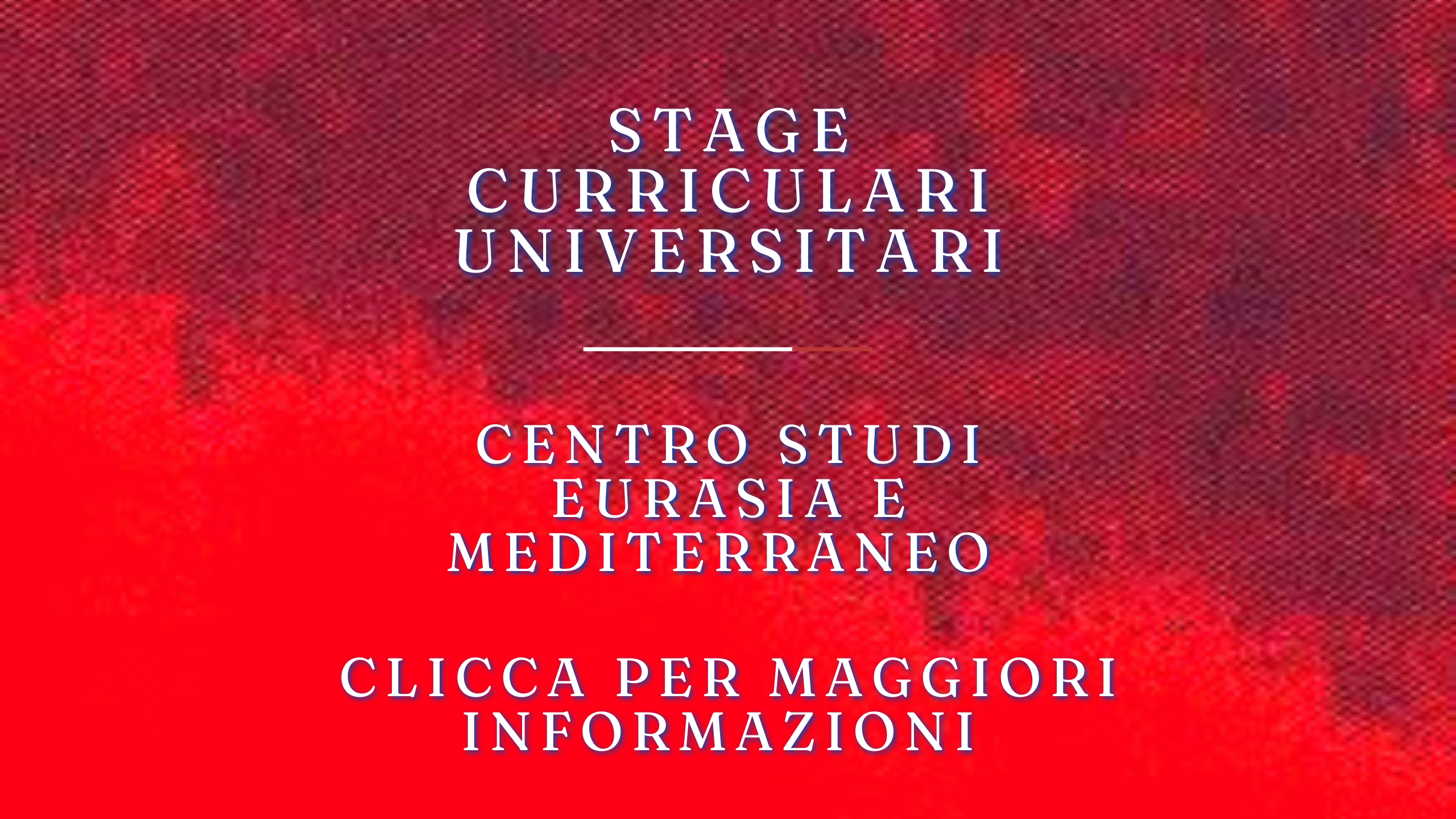
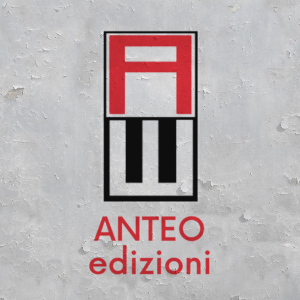
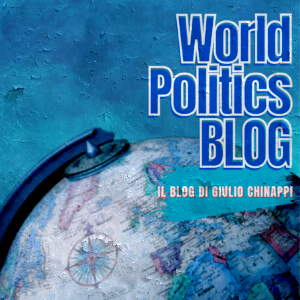
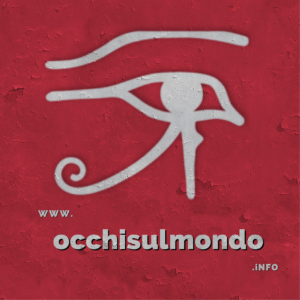









Il CeSE-M sui social